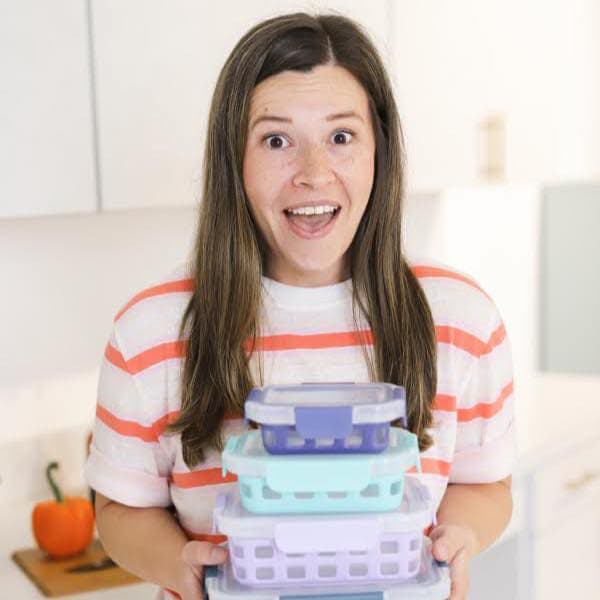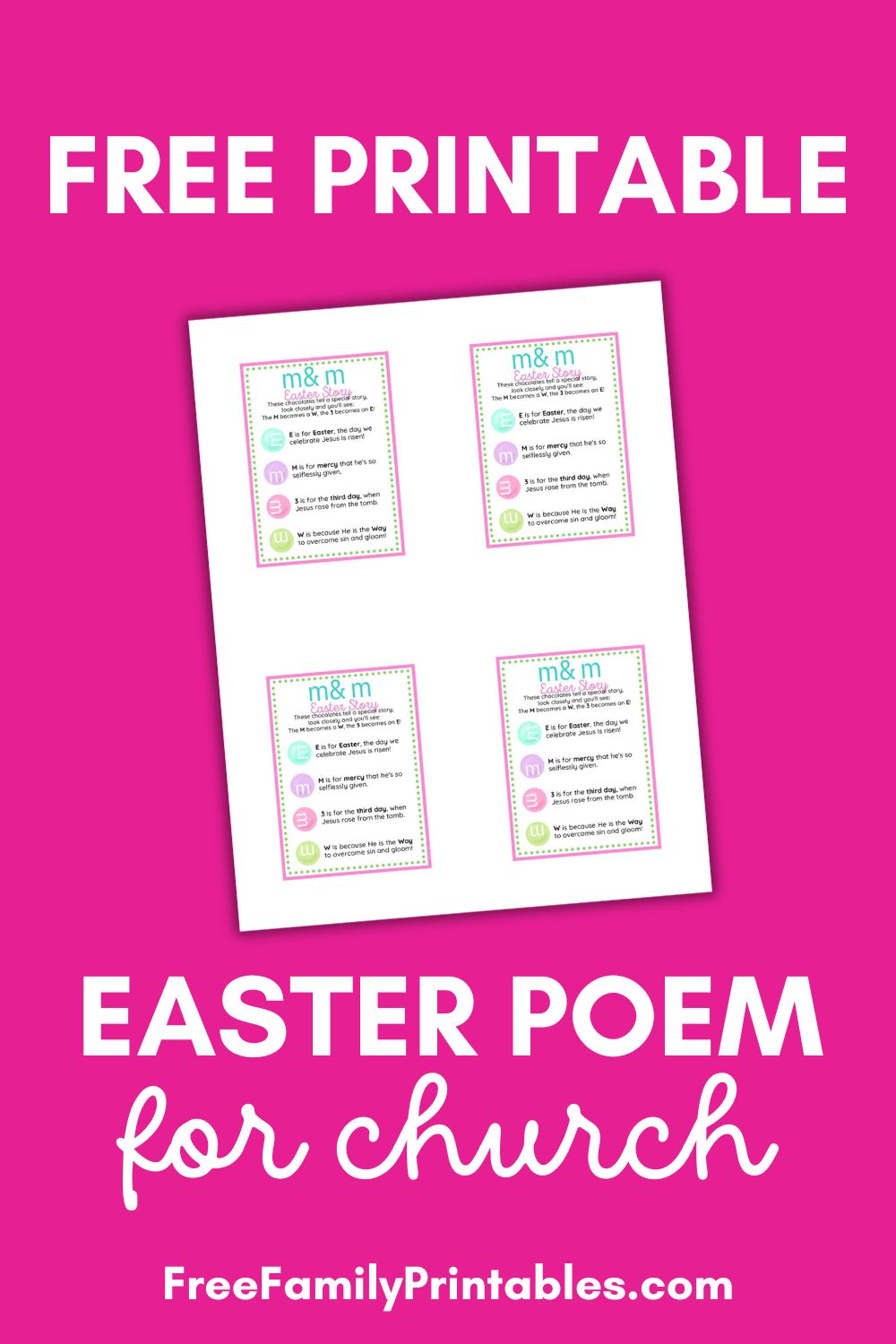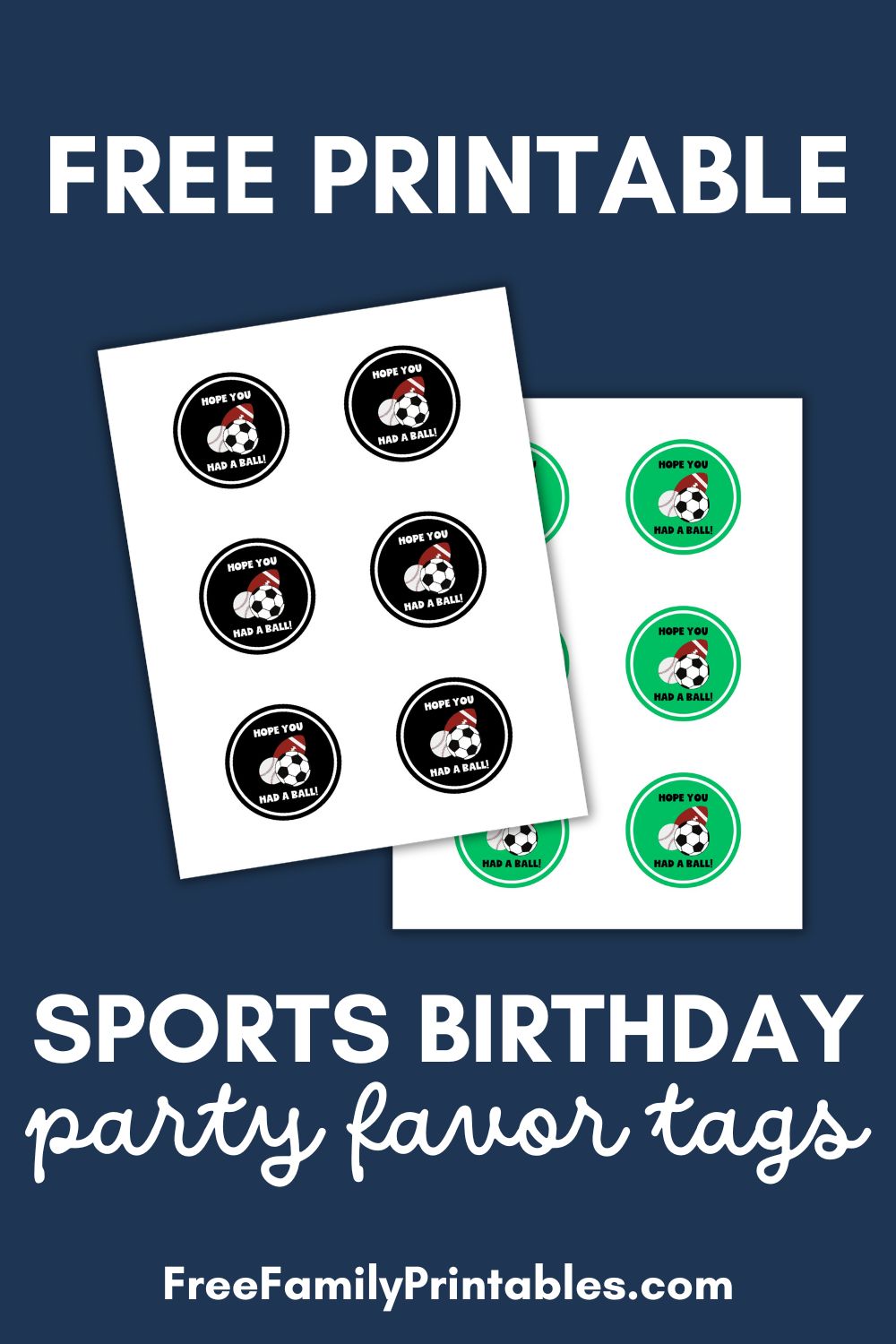Trying to get out of debt when you’re “broke” or have little to no extra money may seem impossible, especially for those living paycheck to paycheck. I am here to tell you … it’s not! How do I know? Because I was you, that feeling of overwhelm and dread every time the phone rings – I know all too well.
The cycle of debt is a vicious one. One day, you are making the monthly payments and everything seems okay. Then the next month hits, and you can’t make your credit card payment on time and all hell breaks loose. You get a late payment fee for missing the due date, which means that now you’ve got an extra charge adding to your debt total.

Then it just snowballs from there. Your interest starts piling up even more because you’re late on past payments, so now the minimum payment is higher than ever before when you couldn’t afford it to begin with. You find yourself with barely any cash left to spend on necessities…. then you’re faced with what to do. Should you let it go to collections? Is it easier to just file bankruptcy? Do you need to get three jobs? and the list goes on and on.
If you’re feeling lost and like you’re in too deep, I am about to help you change that mindset! You CAN get out of debt, even if you’re “broke”, but just like with anything in life you have to make that life-changing decision and fight the hard fight.
Getting yourself out of debt is just like losing weight. You have to make a LIFE change in order to do it, and that prospect isn’t pretty for most.
Why is paying off debt important?
Paying off debt is massively important as you traverse the adult financial world. Paying off debt allows you to increase your credit score, which then makes you look more trustworthy to creditors and opens many doors for you and your family.
Paying off debt may not be the sole factor in achieving a high credit score, but it is one of the most important factors that creditors and lenders will focus on in your debt portfolio. A high credit score means that you can get a loan for your small start-up business, take out a home loan, refinance your current loans, or even get a new car with a decent interest rate.

All of these things are also determined by how responsible the lenders see your credit report, meaning, can you pay them back if they lend to you. That is the real reason paying off debt is so important to our financial goals.
Where is your money going? Are you really broke or just overspending?
You might be categorizing yourself as broke, but you may continue to spend money eating out every day or impulsively shopping online. That’s okay and it happens to the best of us!
However, it is important to recognize the difference between truly being unable to pay for things, and being short on funds because you are a frivolous spender. Either way, the tips in this post will be sure to help put you on the right track!

If you are in need of some helpful budgeting tips if you’re broke and don’t know how to start, this post will help you plan out a budget. It covers analyzing your spending and building a plan from that information that works for you and allows you to get back on your feet, and put some money back in your wallet.
How debt affects your credit
Debt is one of the main contributors to a person’s credit score and credit profile, this is because if you don’t consistently make scheduled payments, it makes you look untrustworthy to lenders on paper. You may have had emergency medical bills to pay or any other accident that you hadn’t planned for but according to your credit profile, it is just a missed payment.
Debt actually accounts for 30 percent of your credit score, that’s a big chunk! While this may seem a little scary if you have large amounts of debt, a quick way to up your credit score is to just pay off that debt at a reasonable rate on a regular schedule. In fact, this post will help you find some new and easy ways to develop a plan and pay off debt quickly!
Overall, the amount of debt you have is a large contributing factor to your credit score, but it is not at all impossible to deal with a seemingly insurmountable debt burden. Keep reading to get more tips on how to manage your debt while you’re struggling with funds.

Can you get out of debt with bad credit?
You can absolutely get out of debt, even if you have bad credit. Bad credit may cause you an issue if you are trying to apply for debt consolidation loans, as most companies rely on a credit check for you to qualify.
Though the credit check is common to get a debt consolidation loan you can still get one by doing things like adding a cosigner who has a credit score that meets the lender’s requirements. You could also try to improve your debt-to-income ratio, by trying smaller debt management plans to deal with less tremendous debts on your account.
If you increase your income with a side job, you can use the extra money to pay down those smaller debts, while also increasing your income on your credit report. This would allow you to improve your debt-to-income ratio, which will help to improve your credit score!
How To Get Out Of Debt When You’re BROKE with no Money
First things first… STOP Adding to Your Debt
If you are struggling to get out of debt, the first and most important step is to stop acquiring more debt. The most common culprit of adding to our debts are credit cards, frivolous spending, and online shopping.
The internet can be great, but it has a way of tailoring ads for things we want and making it just so easy to buy them! Part of budgeting for your eventual debt payoff is resisting the urge to spend on those items you don’t need.
Cut Up Credit Cards
One way to stop adding to your debts is to cut up your credit cards. Instead of taking out more credit cards or continuing to overcharge the ones you currently have, just cut them up!

This way you will be unable to swipe the credit card and you save yourself from continuing to easily increase your debt burden. Credit cards can be a beacon of debt, especially for some of us impulsive shoppers out there. We have all been there, but the best way to prevent yourself from gaining more debt this way is to eliminate the credit card as an option for payment.
There are many ways credit cards can add to your debt but the main ways we accumulate debt this way are by not paying on time each month, or by overspending on our card’s maximum allowance. You can also accumulate more debt by only paying the minimum payments, this is because if you are still using the card but only paying off the minimum then you are effectively only increasing your debt.
You aren’t paying down any substantial amounts with the minimum payments if you are still using the card, so the best option is to not use it. I know credit cards are very tempting to use because you can always pay them off later, but that type of thinking is what builds debt and not savings. We are here to prevent that, and try to move you towards a debt-free life and a healthy credit score.
Skip Payment Options Like Affirm or Store Financing
Another tip for decreasing your debt additions, that you may not even register, are the store financing options that are abundant nowadays and are even available with online spending.
Avoid using store financing options like Affirm, this is because it just adds another small debt and continues to add to your overall debt burden. The rule of thumb when shopping for most things should be, if you don’t have enough money to buy it outright, then you don’t really need it.

Obviously, this is not the case with things like groceries and essentials but those new shoes or that really nice jacket you saw online that had a payment plan attached, is not worth increasing your debt. If you want to focus on decreasing your debt you have to be fully committed to doing just that, which means cutting out unnecessary spending and especially not increasing your debt with a store’s financing options for that expensive impulse purchase you may be eyeing.
Only Buy What You Need With Cash
Cash may be hard to come by for some people these days, and you may be used to functioning solely off of credit cards but I am here to tell you that you should change those ways. Buying things with cash will keep you from accruing needless debts by accidentally overcharging credit cards when you are out buying essentials.
If you only buy what you need with cash, then you know that there will be no debt past that transaction. This is a much more debt-friendly way to help you budget and to avoid adding to your current debt amount. This post will give you great budgeting strategies and shows you how to utilize the cash envelope system.

The essentials of this strategy are that you assign envelopes for your spending based on your budget, and each time you get a paycheck, you fill the envelopes with cash withdrawn from your account. This creates cash envelopes for your impulsive or general spending categories and helps to maintain your budget and your debt!
Putting Together A Get Out Of Debt Plan When You Live Paycheck to Paycheck
Find out how in debt you really are
When you are putting together a plan to get out of debt when you are strapped for cash, the best first step is to evaluate how much debt you have. You want to look at your credit profile and list out all of your debts and the amounts so you can see the full picture and begin to make a plan based off of that.

It is also very helpful to look into your credit profile during this step to make sure there are no errors on your credit report, that could be lowering your score. These errors could include a debt that has been paid off but not removed from your account, credit accounts you have closed that are still listed as open, duplicate accounts, and even incorrect payment history reporting.
By going through your credit report and making sure your information is up to date and accurate, you may be able to clear up some discrepancies, and get your credit score raised without paying anything at all!
Create a Budget
Once you find out how in debt you are, you can begin to build a budget around that, while taking your current financial situation into account. Not everyone’s financial situation is the same, but if you are currently living paycheck to paycheck then you can still create a reasonable debt budget and begin to gain control over your credit!
Creating a budget may seem daunting but I can assure you with a few helpful steps, like those offered in this post, you can utilize templates that will take you from stressed to well prepared. The basics of a budget is to identify a goal, your spending habits, your necessary expenses, and your income.

Once you have all of these things down you can start to identify how much money you spend each month on average, how much money you make, and where you can cut spending and start saving to make bigger debt payments. If you calculate that and begin to make a plan to prevent miscellaneous spending, then any of the leftover funds for the budget can all be put towards increasing your debt payments.
You should calculate the minimum debt payments into your necessary spending and once you have additional funds leftover you can also add those on top of the minimum payments you have made. This will help you pay down the debt and keep those interest accruals at bay more so than the usual minimum payments will.
Look for Ways to Cut Expenses From Your Budget
You may be thinking that there’s no way you can cut more from your budget or you could be thinking that cutting out unnecessary spending is the only way to get more savings out of your budget, but both are wrong!
You can absolutely find little ways to cut expenses from many categories in your budget, this post, for example, gives many ways you can cut expenses for different budget categories. If you are trying to cut out spending from your grocery budget, then you can buy cheaper brands, buy in bulk, or even try couponing to save on your total spending.

If you’re trying to cut costs from your utility bills you can implement ways to reduce your water usage and ways to save energy and money by reducing the electricity you use on a daily basis. There are many ways to cut expenses that go beyond just eliminating miscellaneous spending, you just have to be creative and be willing to sacrifice a little bit for the greater good, which is the goal to decrease your debt!
Ask Your Creditors for a Lower Interest Rate
Talking to your creditors may seem intimidating but I can assure you they usually try their best to keep you under their company’s umbrella because that’s how they continue to make a profit. So, don’t be intimidated by asking for a lower interest rate but so be courteous and direct.
If you have a higher APR interest rate than you have seen from other credit card company offers, then be sure to use that as a rebuttal in favor of decreasing your current interest rate. Just like when negotiating for a raise you’ll want to know your current interest rate and your most ideal outcome for your reduction, while your ideal may not be possible there is a chance the creditors will compromise with you to keep your business.

The most important part of asking for a lower interest rate is to be direct but polite with the representatives, likely you will have to talk to a customer service agent, and then a supervisor or manager to get something approved but don’t get frustrated and just continue to reiterate your points and counters.
You should prepare the average rate offers you have received from other companies who are willing to transfer your balance at a lower interest rate, this can be used as leverage because they want to keep your business as their company’s profits.
Pay More Than The Minimum Every Month
An option that will require you to make higher payments, but will pay off faster, in the long run, is to pay more than the minimum debt payments each month. If you continue to only pay the minimum payments it can end up as an endless cycle because of high-interest rates.

Depending on the interest rates for certain loans, that minimum payment you’re making could have a much smaller impact on your debt than you realize. To avoid this backlog and actually begin to make headway with most of your debt, you will need to budget accordingly so you can increase those monthly payments more than minimum.
Paying more on the debt this way will save you money in the long run because the longer you have the debt, the more interest keeps getting tacked on until it feels impossible to pay off, don’t let that happen to you!
The Debt Snowball method
The debt snowball method is a great way to break your mountain of debt into smaller more manageable pieces. The basics of this method are to gather all of the information on your debt and sort it out from the smallest debt owed to the largest debt owed.

To make things manageable for you and your family you can begin to focus on knocking out the smaller more manageable debts first! This is helpful in preventing us from getting overwhelmed or easily discouraged. Using the debt snowball method, you can still feel as if you are making progress, no matter how small!
To learn how to best implement and keep up the debt snowball method, check this post out!
Is it possible to get out of debt fast with no money?
Getting out of debt fast without the need for additional income is the ideal scenario for most of us with debt, but the reality is that getting out of debt has no fast fix. Managing your debt and budget requires work and dedication but it does not require money you don’t have.
If you cannot afford to pay more on your debt right now there are still ways you can help reduce your debt and set yourself on the debt-free journey. Ways to reduce your debt that don’t require money could be anything from applying for debt consolidation loans or transferring your credit card balance to a company with a lower interest rate!

You can even tighten up the budget and really focus on eliminating any and all unnecessary spending until you get yourself on track with a debt management plan. The only way to pay off your debt may be with money, but there are many ways to try to reduce what you spend in the meantime to prepare yourself to take on your new debt-free goals!
In order to clear your debt, you must have a solid “get out of debt” plan in place!
Clearing your debt takes time, dedication, and some sacrifices but ultimately if you have a debt management plan in place you can begin to work towards that! Living debt-free may seem like a fantasy but I hope this post has helped you to see that it is achievable!
No matter how small your steps forward are, they are very important in the journey to clearing your debt. It all starts with a solid debt plan, a smart budget, and diligence.






